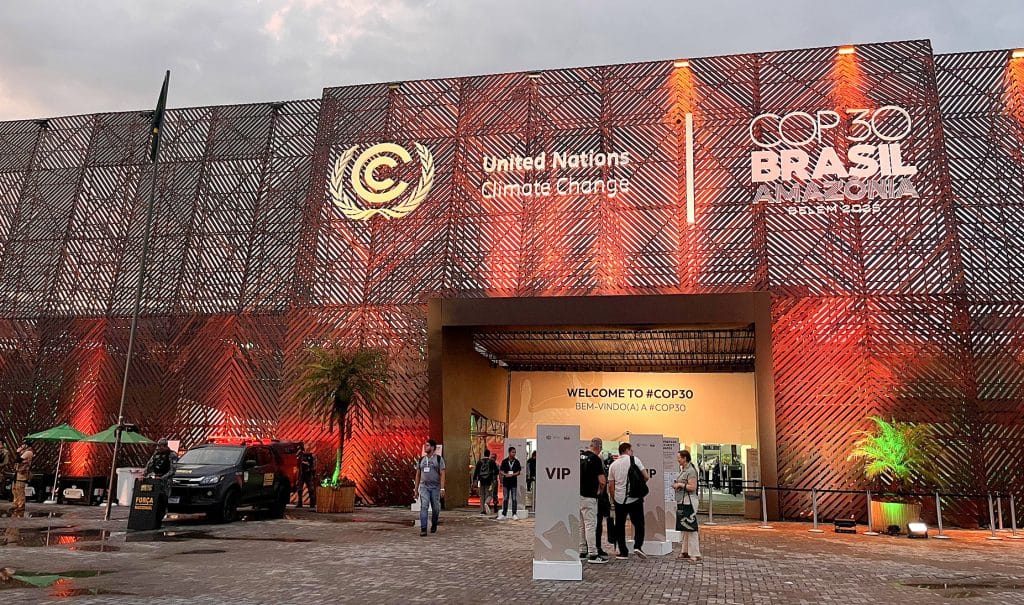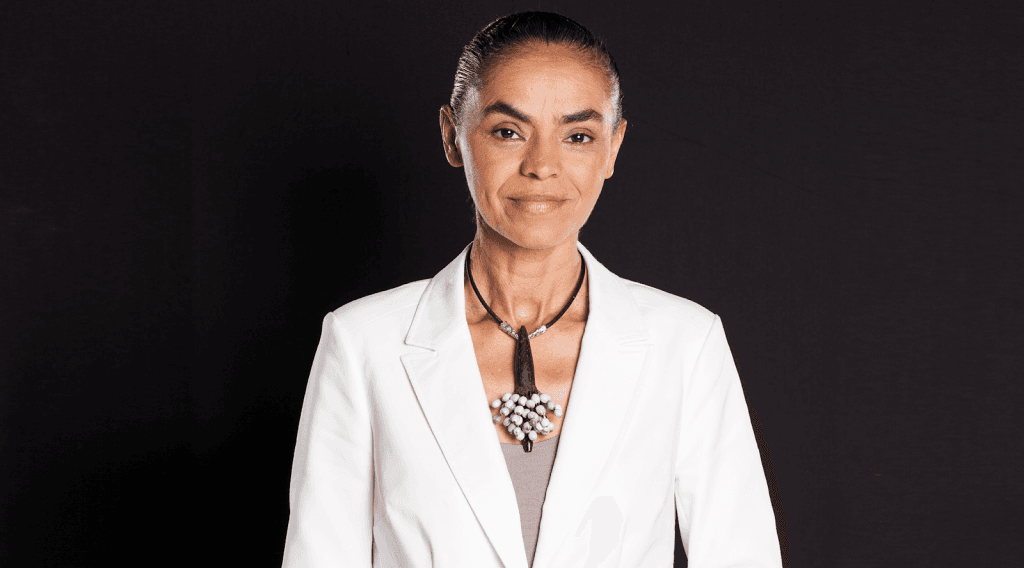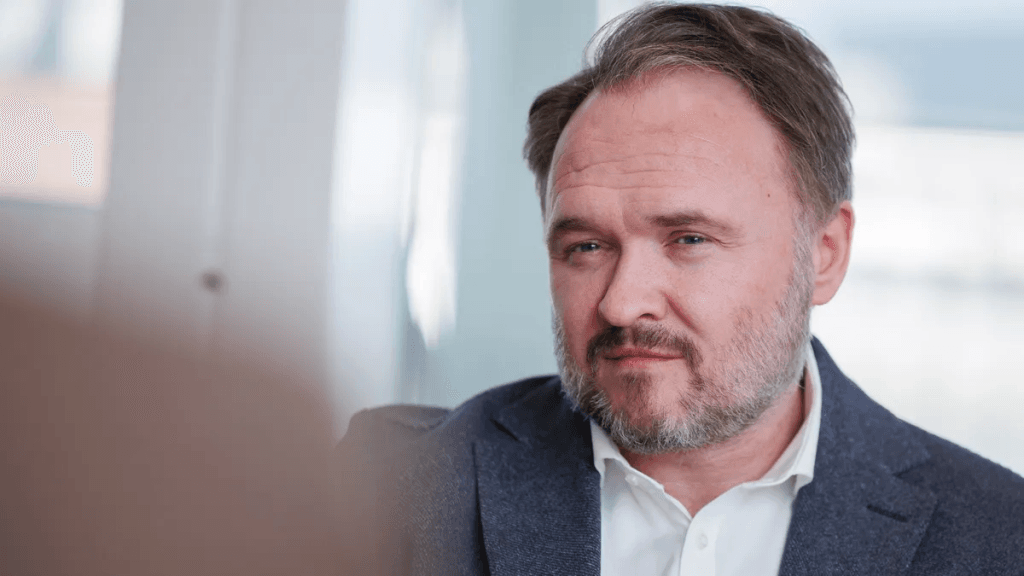COP30: Day 8 Recap

• Countries operationalized the Tropical Forest Forever Facility, the largest forest-finance mechanism ever established, and advanced land-tenure commitments covering 160 million hectares.
• New coalitions on bioeconomy development, jurisdictional REDD+ and integrated fire management moved global climate policy deeper into implementation.
• Youth and Indigenous leaders shaped negotiations as adaptation finance, methane mitigation and regenerative agriculture advanced across multiple tracks.
Day 8 at COP30 brought nature to the center of global climate action, with governments and partners advancing one of the most comprehensive packages of forest finance, land-tenure reform, fire-management coordination and bioeconomy investment ever presented at a UN climate summit. Delegates moved decisively from pledges to implementation, strengthening multilateral cooperation and channeling resources to communities on the frontlines of climate impacts.
Tropical Forest Finance Moves Into Implementation
One of the day’s most consequential developments was the operationalization of the Tropical Forest Forever Facility (TFFF), now the largest single forest-finance structure created. Designed as a long-term, investment-driven mechanism rather than a traditional donor model, TFFF anchors a new architecture for valuing standing forests. It mobilizes public and private capital through blended structures that reward countries and Indigenous communities for measurable conservation outcomes.
During its launch, the Democratic Republic of Congo, Colombia, Guyana, the UK, Norway and China presented new announcements aligned with the facility’s economic-instrument package. Countries also examined how Indigenous governance models such as the Dedicated Grant Mechanism can shape TFFF’s Dedicated Finance Allocation, which reserves at least 20 percent of payments for Indigenous Peoples and Local Communities.
“I remain very optimistic around the TFFF moving forward. The $5 billion of capital is a great start,” said Daniel Hanna, Barclays Group Head of Sustainable & Transition Finance. “You’ve got to set the ambition because that gets people to take it seriously and crowd in.”

Land Tenure Gains New Global Commitments
Governments surpassed the $1.7 billion Indigenous Peoples and Local Communities Land and Forest Tenure Pledge one year ahead of schedule, renewing their commitment for $1.5–2 billion through 2030. In parallel, fourteen countries endorsed the first-ever Intergovernmental Land Tenure Commitment, designed to strengthen rights across 160 million hectares, including a pledge of at least 59 million hectares from Brazil.
Together, these commitments establish a governance foundation that forest-finance mechanisms require to function credibly. Both initiatives will be implemented over five years.
Adaptation Fund Receives New Support
New contributions flowed to the Adaptation Fund, reinforcing the emphasis on resilience within the emerging New Collective Quantified Goal on climate finance. “The demand has never been greater. Securing sufficient resources is not just about numbers, it is about fulfilling our mandate,” said Washington Zhakata, Vice-Chair of the Adaptation Fund Board.
“We are no longer in the time for negotiations, we need to accelerate implementation,” added Alice de Moraes Amorim Vogas, Programme Director at COP30. “Climate-positive growth, backed by credible finance, is central.”

Bioeconomy Investment Ramps Up
Following Brazil’s G20 leadership on bioeconomy development, COP30 marked the launch of the Global BioChallenge, a three-year platform backed by Brazil, NatureFinance, IADB, FAO, UNCTCT and WRI. It aims to translate the G20’s 10 High-Level Principles into investable frameworks and strengthen global parameters, metrics and financing instruments for bioeconomy markets.
RELATED ARTICLE: COP30: Day 7 Recap
“This is a message of hope that we need to put into action, one that can create a new cycle of prosperity,” said H.E. Marina Silva, Brazil’s Minister of Environment and Climate Change.

Scaling JREDD+ and Closing the Forest Finance Gap
A new Scaling JREDD+ Coalition united tropical forest nations, donor governments, Indigenous groups and major carbon-market organizations to expand jurisdictional REDD+ efforts. The coalition supports the Forest Finance Roadmap, endorsed by 36 governments and aimed at closing the $66.8 billion annual funding gap for forest protection. JREDD+ alone could raise $3–6 billion per year by 2030.
Coordinated Wildfire Prevention
Countries advanced integrated fire-management cooperation through the FAO-hosted Global Fire Management Hub, following a Call to Action endorsed by 62 nations. The hub aims to expand early-warning systems, reinforce Indigenous knowledge leadership and place more than 10 million hectares under improved fire-resilient management by 2028.
Earth Investment Engine Surpasses Targets
Brazil’s Earth Investment Engine exceeded expectations, mobilizing more than $10 billion for nature-based solutions — double its original $5 billion goal — and offering a blueprint for scaling bioeconomy-linked finance globally.
Regenerative Landscapes and Farming Finance
The COP Action Agenda on Regenerative Landscapes disclosed more than $9 billion in investments reaching 12 million farmers across 110 countries. The first Landscape Accelerator in Brazil is already demonstrating commercial pathways for restoring more than 50 million hectares in the Cerrado and Amazon.
Methane Action Urgency
The Global Methane Status Report 2025 warned that only full deployment of existing mitigation measures can meet the Global Methane Pledge by 2030. “Across sectors and continents, countries and companies are proving that methane reductions are achievable,” said Dan Jørgensen, European Commissioner for Energy and Housing.

Youth and Indigenous Leadership
Youth delegations shaped negotiations in both the Blue and Green Zones. In the Children and Youth Pavilion, Marcele Oliveira convened 30 young leaders for a dialogue culminating in a manifesto calling for clean water and oil-free rivers. A ministerial-level intergenerational dialogue brought children into direct discussion with global leaders.
At the Indigenous Pavilion, Brazil’s Indigenous Climate Change Committee shared community-driven adaptation strategies rooted in territorial governance and ancestral knowledge, with case studies from Roraima’s adaptation programs.
Global Stakes
In a message to COP30 participants, Pope Leo XIV stated, “One in three people live in great vulnerability… to ignore these people is to deny our shared humanity.” His call framed the day’s actions within the broader moral and economic imperative facing global climate governance.

Follow ESG News on LinkedIn












